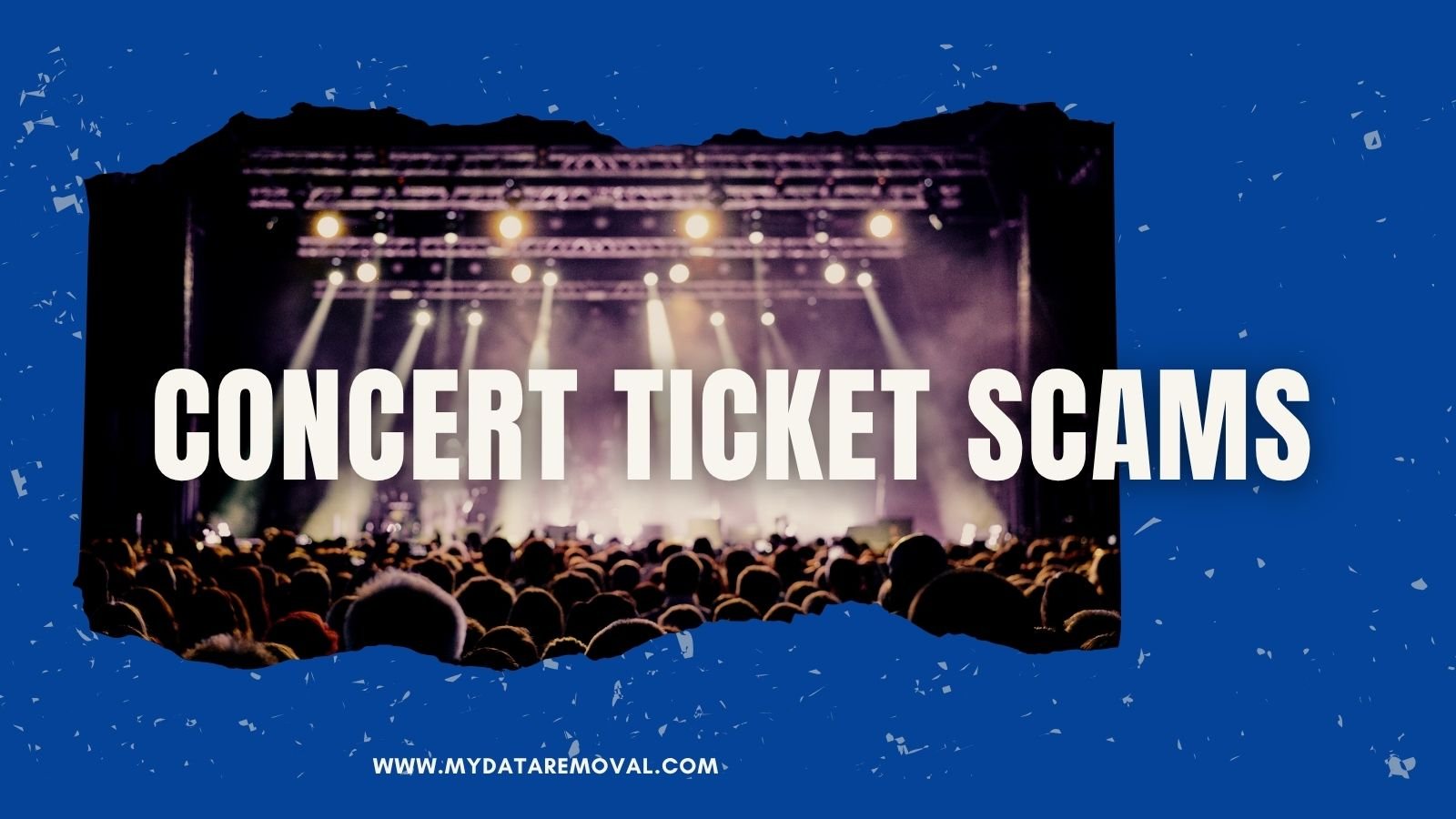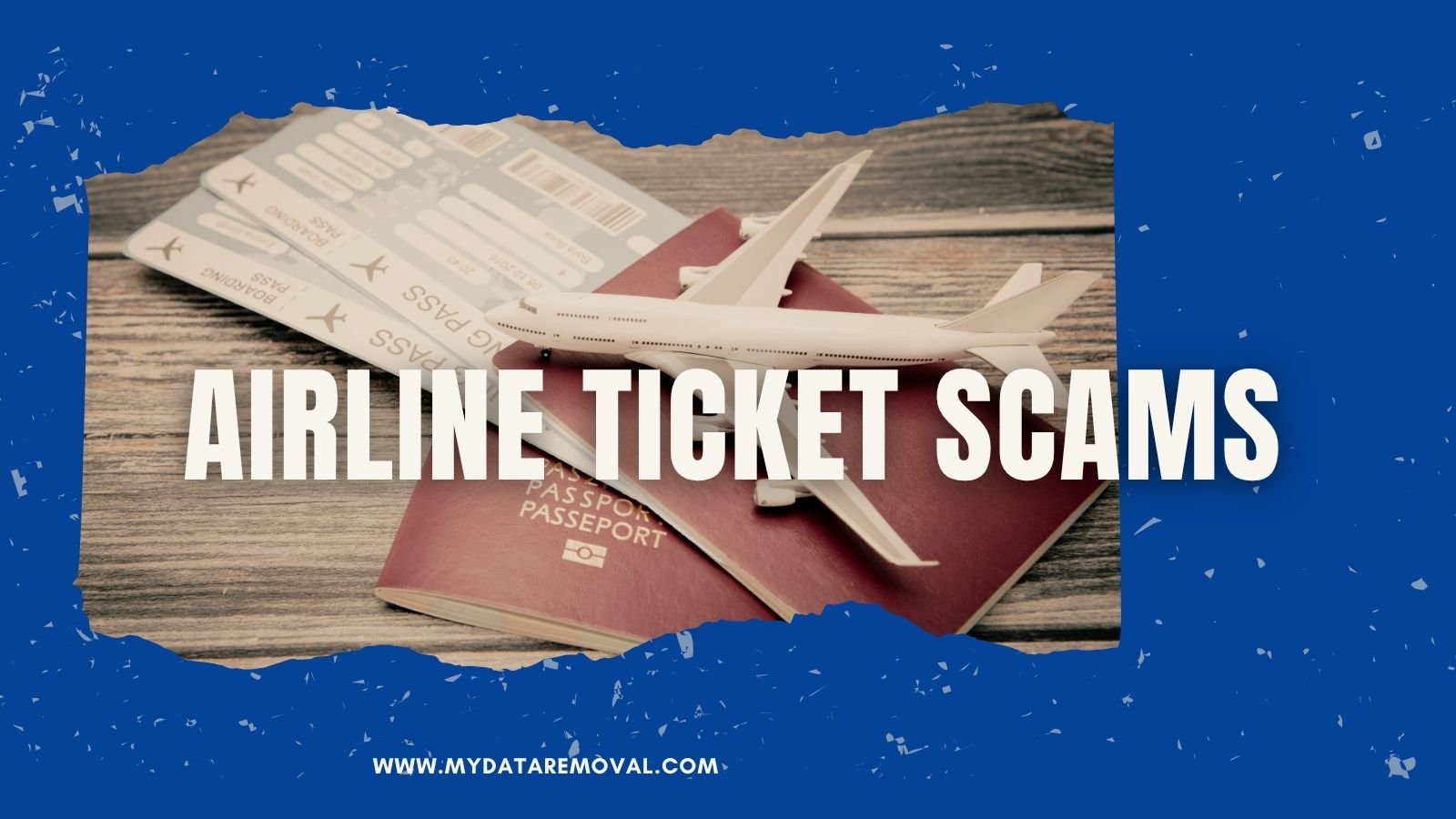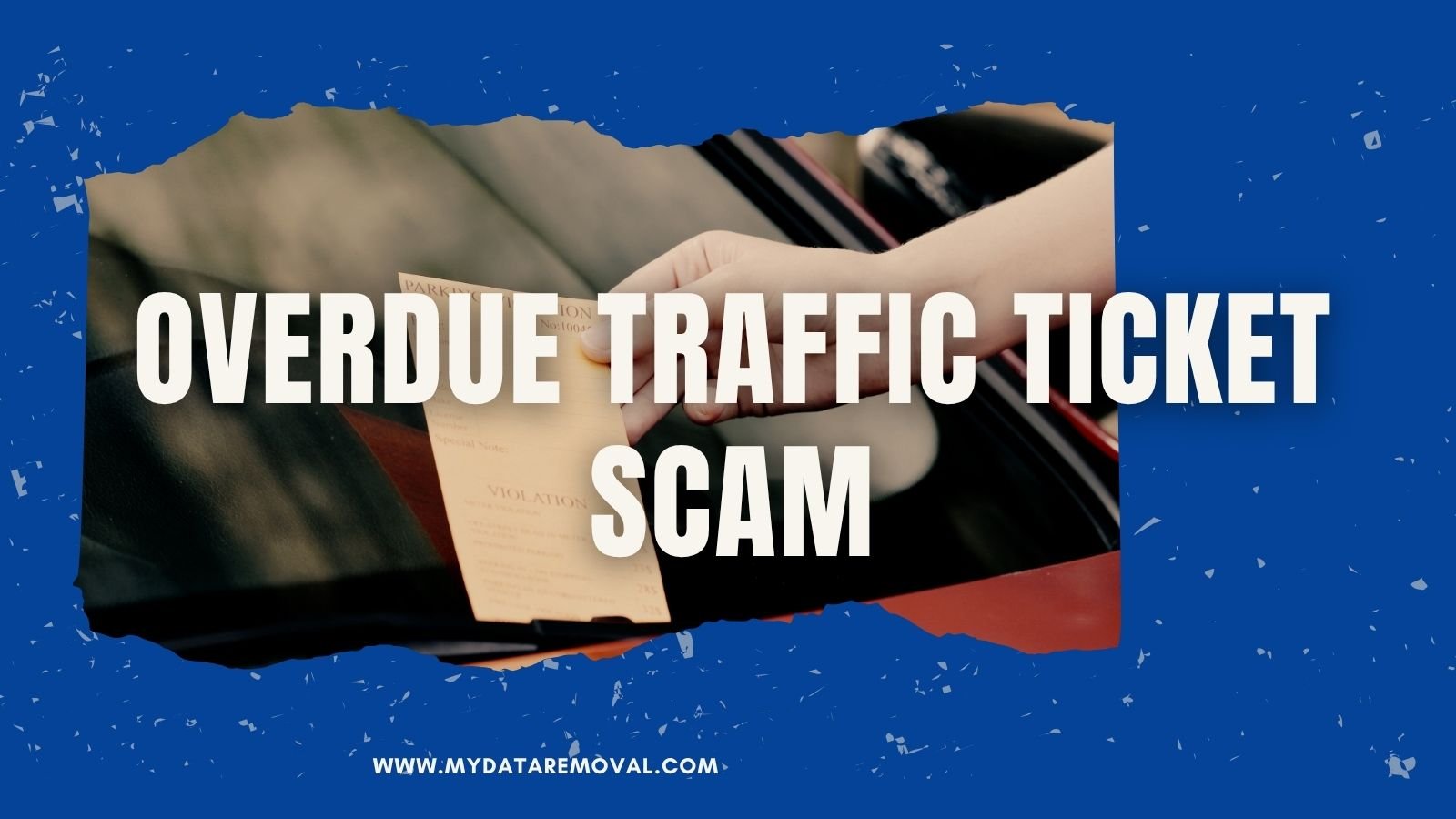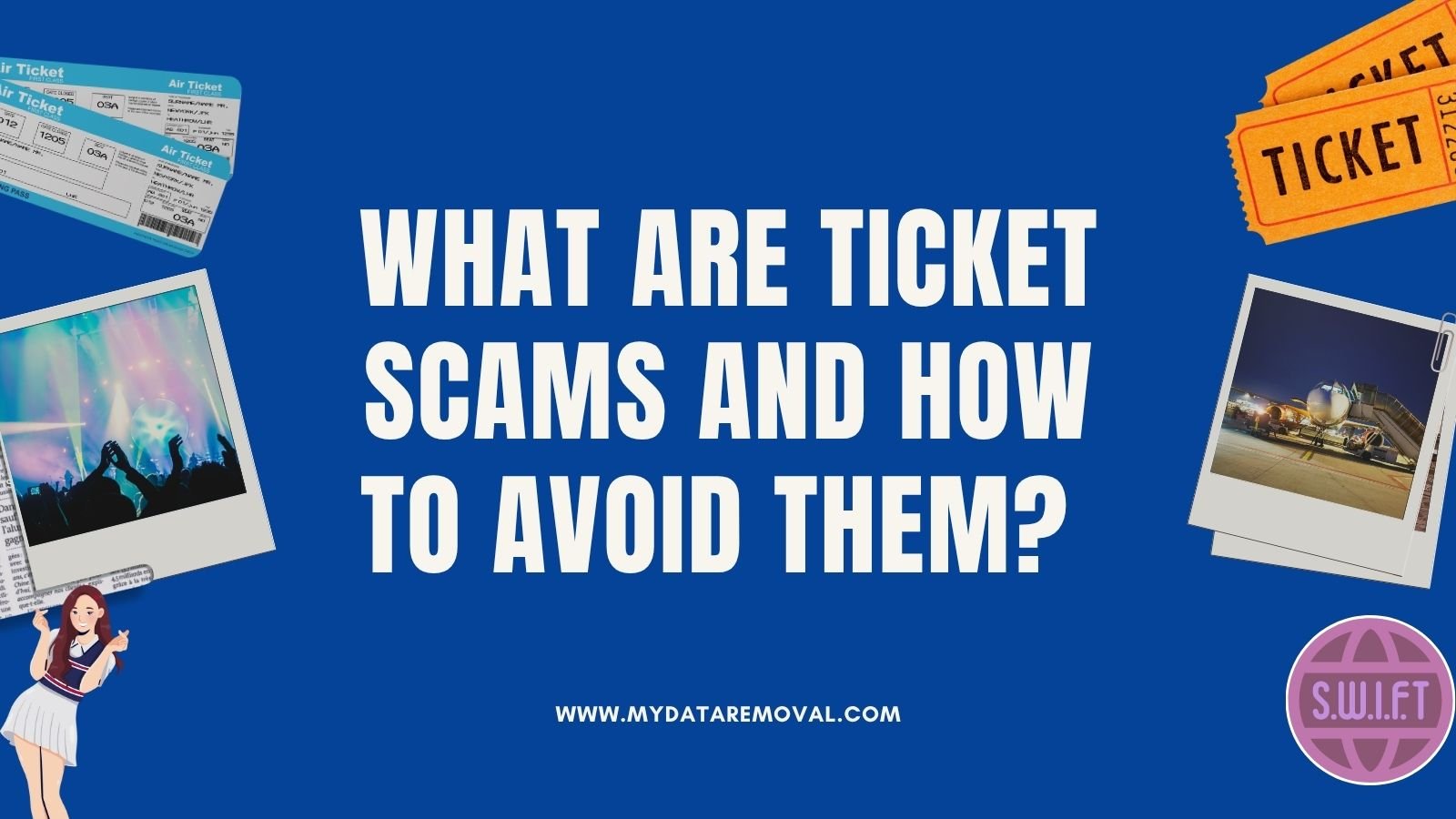Getting tickets for your trip or a concert you're anticipating is fun. It's the right reward for all your hard work. But with just a wrong click, you could be paying for a fake ticket.
Ticket scams include fake concert/music festival tickets, airline ticket fraud, and fake overdue traffic tickets. To avoid these scams, always verify tickets and only use official websites.
Many artists are scheduled to have concerts in the US this year and next. One of the most anticipated artists is Twice, a global girl group with 9 members. Twice is set to have concerts in the US, including stops in Seattle, Oakland, Dallas, Washington, Philadelphia, and more.
Tickets are now on sale, and many are in a rush to secure their seats. But if there's one thing we know, it's that scammers prey on urgency to trick people into buying fake tickets.
3 Types of Ticket Scams
Here are three types of ticket scams you should watch out for.
1) Concert/Festival Ticket Scams

Concerns and music festivals are big in America. There's Coachella, which drew an estimated 250,000 attendees in 2024. There's also the recently concluded Lollapalooza, which had around 400,000 attendees over four days.
With this demand, scammers see an opportunity. They make concert tickets the ultimate bait for their targets. They also leverage the scarcity of tickets, targeting people in a rush to secure tickets.
Additionally, scammers often create secondary markets, offering fake tickets to people after sold-out concerts. They trick desperate fans, who often only learn that they bought fake tickets when they get rejected at the venue gate.
Sometimes, scammers create fake websites, using legitimate brands like Ticketmaster. They also post counterfeit tickets to make their offers more believable and create enticing deals like “last-minute sale” to drive urgency.
One victim of this scam is a man from Texas. He bought a ticket for a George Strait benefit concert. He and his wife found the ticket sale from a Facebook post that looked legitimate. It had professional graphics and language—no red flags at all.
The couple was emailing back and forth with the seemingly credible seller before they paid $10,000 for four tickets. In the end, they were scammed. The victim said that it was heartbreaking, more so because the money was meant to help flood victims in Texas.
2) Airline Ticket Fraud

Another type is airline ticket scams.
Scammers usually offer airline tickets at a cheaper price to attract targets. They also make it time-sensitive to make you act fast.
In other cases, scammers use leaked, hacked, or stolen credit card details to buy flight tickets. Then, they sell it to other people at bargain prices, using fake websites.
Basically, those who unknowingly buy those tickets may experience financial loss when their tickets are cancelled after being flagged.
Another method scammers use is phishing. They send official-looking emails about your plane ticket to trick you into clicking on malicious links and attachments. This will infect your device, allowing scammers to scan and steal your information.
3) Overdue Traffic Ticket Scam

The last type of ticket scam is the overdue traffic ticket scam. This is where scammers send texts about unpaid traffic tickets.
According to the Federal Trade Commission (FTC), scammers impersonate the Department of Motor Vehicles (DMV) from different states. The message will say that you have an overdue ticket, and that you should pay it immediately to avoid late fees or suspension of driving privileges. Some even threaten to affect your credit score or prosecute you.
Additionally, the messages usually come with a link. If you click it, you'll either be redirected to a fake website or your device will be compromised.
Ways to Avoid Ticket Scams
These scams don’t mean that you have to stop buying tickets. You just have to be careful. Here are ways you can avoid being victimized by these scams:
Concert Ticket Scams:
- Buy only from authorized sellers (e.g., venue box offices, Ticketmaster, or StubHub).
- Avoid offers on social media.
- Avoid payment methods like Venmo or gift cards.
- Use secure payment methods.
- Avoid too good to be true deals.
- Verify websites.
- Avoid paying when excited or pressured.
Airline Ticket Scams:
- Use official airline websites.
- Avoid third-party resellers.
- Verify by directly contacting the airline.
- Avoid making payments via unsecured methods.
- Beware of too good to be true offers.
- Verify credentials of travel agents.
Overdue Traffic Ticket Scams
- Don’t respond to unexpected texts.
- Avoid sharing financial details via text.
- Verify tickets by contacting your local DMV.
- Use official court websites.
- Be suspicious of threatening language.
Conclusion
Overall, these ticket scams can happen to anyone, whether you're just a driver, an avid concertgoer, or a frequent traveler. So, be vigilant. Don't let scammers take all your hard-earned money in just seconds.
Frequently Asked Questions
What are the most common travel scams?
One common travel scam is the fake job scam abroad. Scammers reach out to targets to offer fake opportunities to transport something. They also entice victims with fake charity work. Scammers will claim to cover your travel fees, but you have to pay a small fee for the application in advance.
How to know if a ticket is genuine?
You can verify a ticket by checking the details, such as the numbers and flight details. Also, look for security marks and holograms. Then, see if the printing quality is low or different from other tickets.



